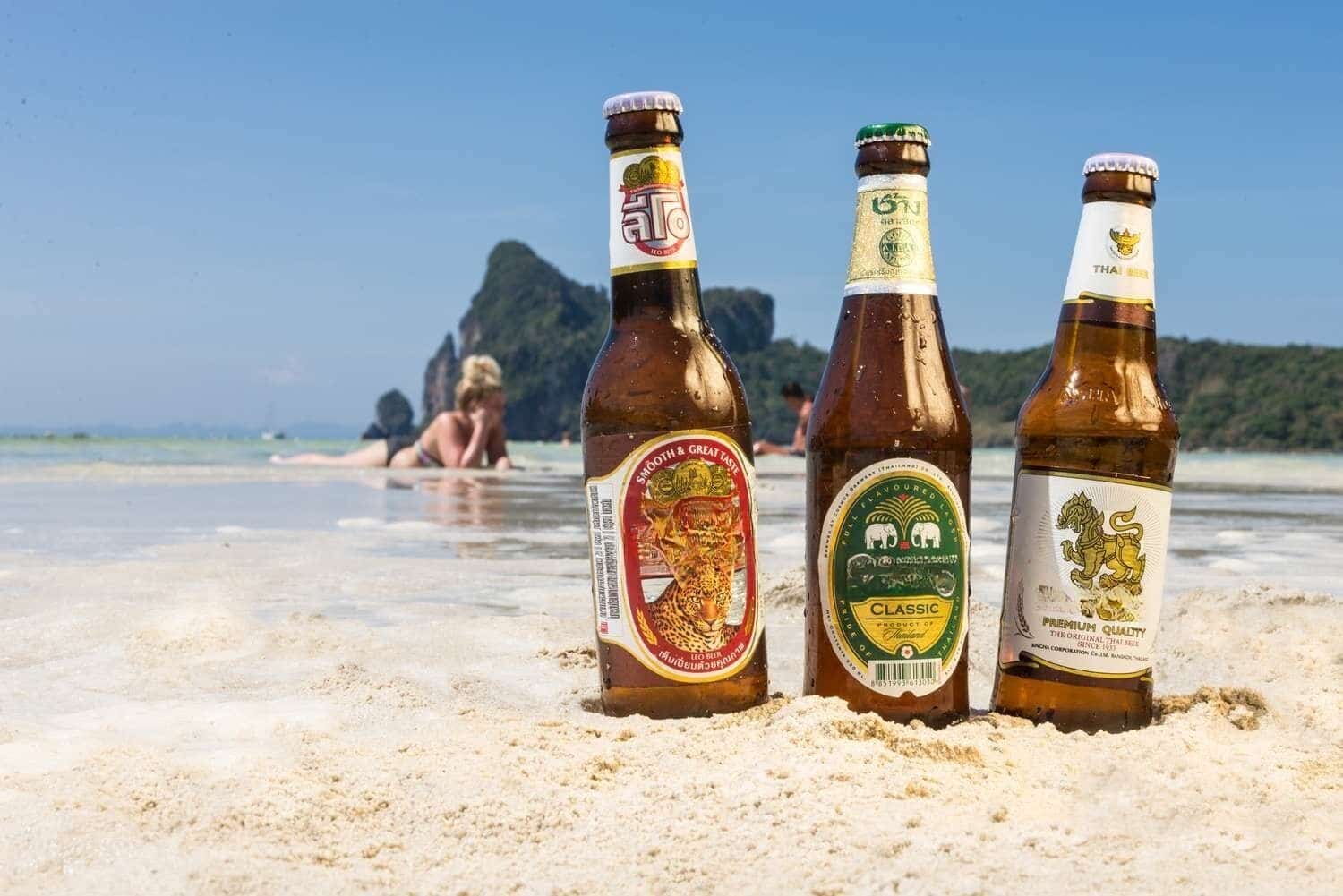Cheers: Thailand’s booze rules shake-up promises economic tonic

In a move that could pop the cork on a 100-billion-baht economic boom, Thailand is considering scrapping its afternoon booze sales ban: a measure that could turn holidaymakers’ frowns upside down and get tills ringing right across the Land of Smiles.
Industry leaders are raising a glass to the potential windfall, with the promise that lifting these restrictions could lure high-spending tourists keen to splash an extra US$250 (8,500 baht) daily on exceptional food and drink experiences, an irresistible prospect for the tourism-dependent nation.
Anchalee Poomsirkaew, advocate and director of the Asia-Pacific International Spirits and Wines Association, highlighted four key restrictions to ditch: the notorious 2pm to 5pm sales hiatus, bans during five significant Buddhist holy days, e-commerce platform limits, and sales confined to tightly controlled zones.
Even Prime Minister Paetongtarn Shinawatra seems ready to toast the idea, instructing a review of what his government sees as archaic laws. Meanwhile, the Ministry of Public Health is weighing up the pros and cons.
Rawat Khongchat, from the Night Restaurant Business Trade Association, is confident that tapping into just those lost afternoon hours could funnel at least a handy 10 billion baht into the economy.
“Tourists find it surprising and frustrating when they can’t indulge in a tipple, which takes the edge off their holiday vibe.”

Rawat also floated the idea of expanding Bangkok’s nightlife zones beyond the stroke of midnight to bolster spending in the city’s already buzzing hotspots like Phetchaburi Tat Mai Road (RCA), Silom’s legendary Patpong Road, and the ever-popular Ratchadaphisek Road.
He tactfully suggests that while not every province requires a nightlife extension, tourist hotspots certainly do.
Despite staunch concerns, particularly over lifting restrictions on Buddhist holy days, his gradual approach, starting with the afternoon ban, seems an acceptable compromise for those worried about tradition.
James Lambert of Oxford Economics adds more fizz to the argument, revealing in a report that the average tourist is more than willing to fork out roughly 8,400 baht a day on top-notch food and bevies.
Travellers aren’t afraid to loosen the purse strings, with upscale holidaymakers ready to part with anywhere from US$215 to a cool US$327 for premium experiences.
A recent survey involving 1,800 respondents from across the globe, including China and the UK, shows a staggering 71% prioritising food and drink when choosing their travel spots, even over age-old attractions and shopping delights.

Among the well-heeled, 75% admitted food and beverage was the deciding factor, with 78% keeping a close eye on value for every baht spent, reported Bangkok Post.
Thienprasit Chaiyapatranun, President of the Thai Hotels Association, doesn’t mince words, stating that current regulations don’t do tourists any favours.
“Having a great holiday should mean having a drink when you want, not when the clock allows.”
Thienprasit added that dinner cruises marred by dry laws hardly make for memorable experiences.
As Thailand teeters on the edge of this regulatory revolution, tourists and businesses alike await with bated breath, ready to toast to what could become a bubbly new chapter in the nation’s tourism narrative.
Latest Thailand News
Follow The Thaiger on Google News:


























